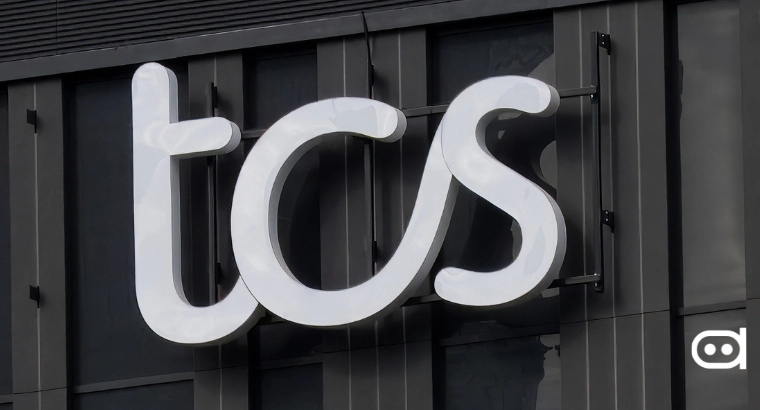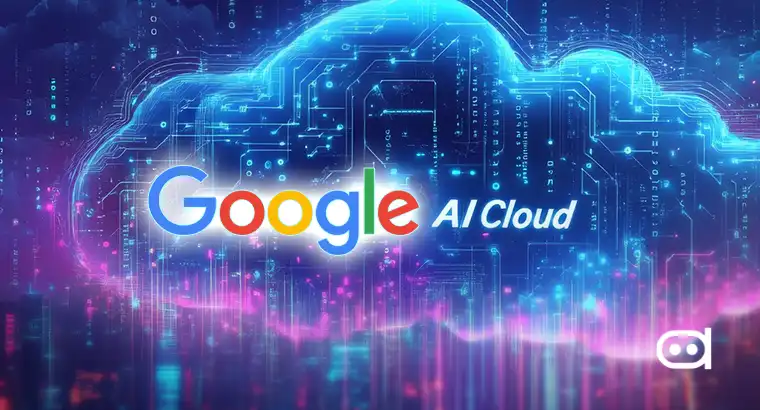
- The convergence of blockchain and AI technologies presents unprecedented opportunities but also raises significant ethical challenges.
- This article explores the ethical considerations of combining these technologies, focusing on privacy, transparency, and accountability, and provides insights into navigating these complex issues.
Ethical Challenges and Considerations
Privacy Concerns
One of the main ethical issues associated with integrating blockchain and AI is the question of privacy. The inherent transparency and immutability inblockchain technology, though good for security and trust may clash with the need to safeguard private data. Data privacy concerns arise when AI systems need large amounts of data to work effectively if misused.
Data Anonymity vs Traceability: Blockchain’s transparency means that transactions are visible to all participants exposing personal information potentially. This is an intricate ethical issue that balances the need for data anonymity with traceability.
Data Ownership and Consent: It is important for individuals to own their data as well as give informed consent before any usage in AI applications takes place. Blockchain offers a decentralized way of managing data ownership as well as consent.
Transparency Issues
Transparency in both blockchain and AI can be a blessing or a curse depending on how it is used. For instance,
Algorithmic Transparency: The black-box nature of most AI algorithms makes it difficult to understand how decisions are reached at times 22. On one hand, recording AI processes on immutable ledgers by integrating the two technologies improves transparency. However, this also raises concerns about revealing proprietary information and intellectual property.
Trust & Verification: Blockchain can improve the verifiability of AI decisions by providing an auditable trail. Nonetheless, such openness also poses challenges when it comes to maintaining the confidentiality of sensitive information.
Accountability and Responsibility
The issue of accountability in blockchain and AI systems is multifaceted, involving questions of responsibility and liability.
Decentralized accountability: Decentralization existing in a blockchain makes it difficult to attribute responsibility. Determining accountability also becomes harder when AI system make decisions depending on data from blockchain.
Bias & Fairness: There are times when AI algorithms tend to reinforce or amplify biases that exist within the data used in training them. In promoting fairness and reducing bias in AI systems, an ethical obligation must be met. Blockchain can contribute by providing a transparent record of data provenance as well as algorithmic decision-making processes.
Disarray over the issues of Privacy, Transparency, and Accountability
Privacy Enhancing Technologies
To mitigate concerns regarding privacy, blockchain and AI integration can employ different privacy-enhancing technologies (PETs).
- Zero-Knowledge Proofs: These cryptographic techniques enable data verification without actually revealing the data itself. When it comes to trust and enhanced privacy while applying blockchain technology in zero-knowledge proofs.
- Differential Privacy: This method illustrates how noise is added to the data to make it impossible for an individual’s personal information to be distinguished from other people’s. Differential privacy can protect user privacy while allowing AI systems access to all useful information.
Enhancing Transparency
Determining what should be transparent in blockchain and AI systems entails a careful understanding.
- Explainable AI (XAI): It is essential to develop artificial intelligence (AI) that can explain its own reasoning in language that is easy for humans to understand. In addition, blockchain can support XAI by providing an irrefutable record of the decision-making process.
- Selective Transparency: Not all cases require full transparency in terms of information disclosure. Therefore, selective transparency allows keeping such sensitive materials away from third parties while exposing crucial ones meant for confirmation purposes, hence balancing between openness and secrecy when necessary.
Ensuring Accountability
Creating oversight and redress mechanisms is crucial for accountability in such systems as blockchains and AI.
- Decentralized Governance: Decentralized governance models allow collective decision-making through sharing responsibilities among members of a community. Consequently, Blockchain consensus mechanisms help maintain these models where no single entity has too much control over decisions made by others.
- Auditing and Oversight: Periodic auditing of AI systems as well as blockchain networks will go a long way towards identifying ethical dilemmas within them that need addressing urgently before escalation occurs. Independent bodies responsible for oversight activities may add another level of accountability.
In Conclusion
The integration of Blockchain and AI technologies presents opportunities as well as ethical problems. Solving these entails a multi-dimensional approach encompassing privacy-enhancing technologies, transparency mechanisms, and accountability systems. By figuring out this ethical maze related to blockchain and AI, we can harness their strength while upholding privacy, transparency, and accountability principles.








